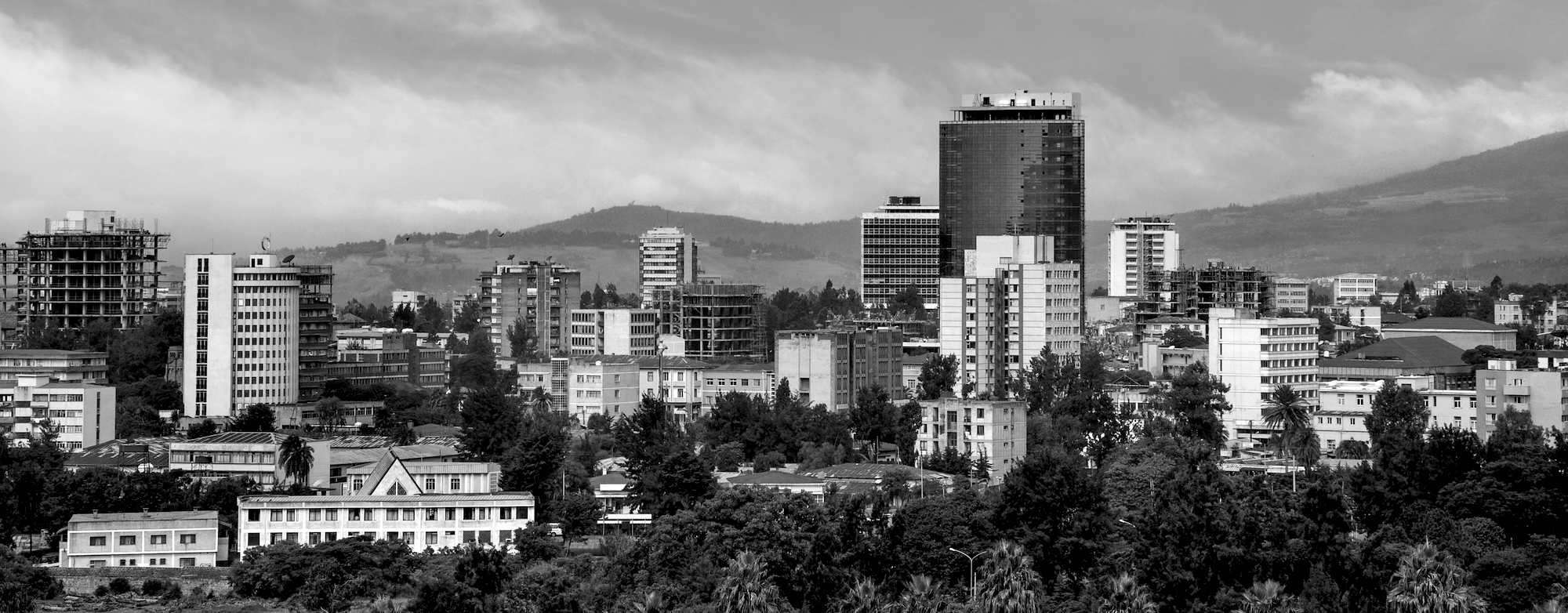When the city of Addis Ababa, Ethiopia, embarked on its groundbreaking Early Childhood Development program, it quickly realized that there was a huge need for an African organization that could play a leadership role and serve as a knowledge hub in the Early Childhood Development space.
The city decided to create the organization it needed, both for its own program and to play a catalytic role as Early Childhood Development became a priority across Ethiopia and elsewhere on the continent. After a careful landscaping analysis, strategy development and verification process, and stakeholder input from inside and outside Ethiopia, the African Center for Early Childhood Development was born.
The AfC-ECD, as it is commonly known, already plays a key role in championing the Early Childhood Development agenda in Ethiopia, adding concrete value to the city’s program and the nascent programs in other regions by advising on baseline studies, developing monitoring systems, and providing up-to-date research insights; cultivating domestic, national, continental and international relationships in the Early Childhood Development space; developing curricula and workforce training programs; and setting contextually tailored African developmental norms.
As more and more countries, regions and cities create Early Childhood Development initiatives, the AfC-ECD will become a repository of the best learnings, interventions, and innovations from across the continent, and a convenor of the many new practitioners and policy makers contributing to the ecosystem.
